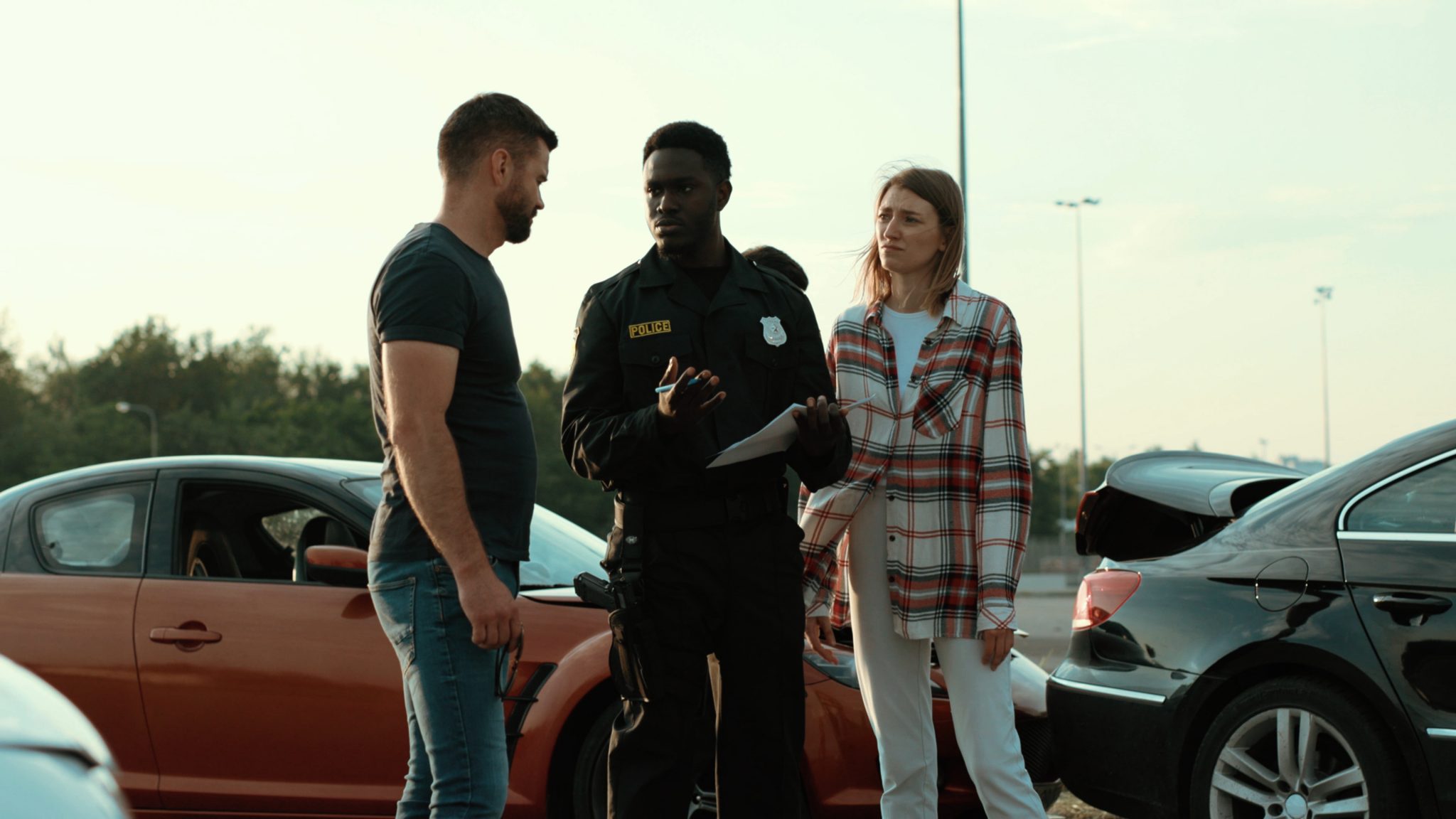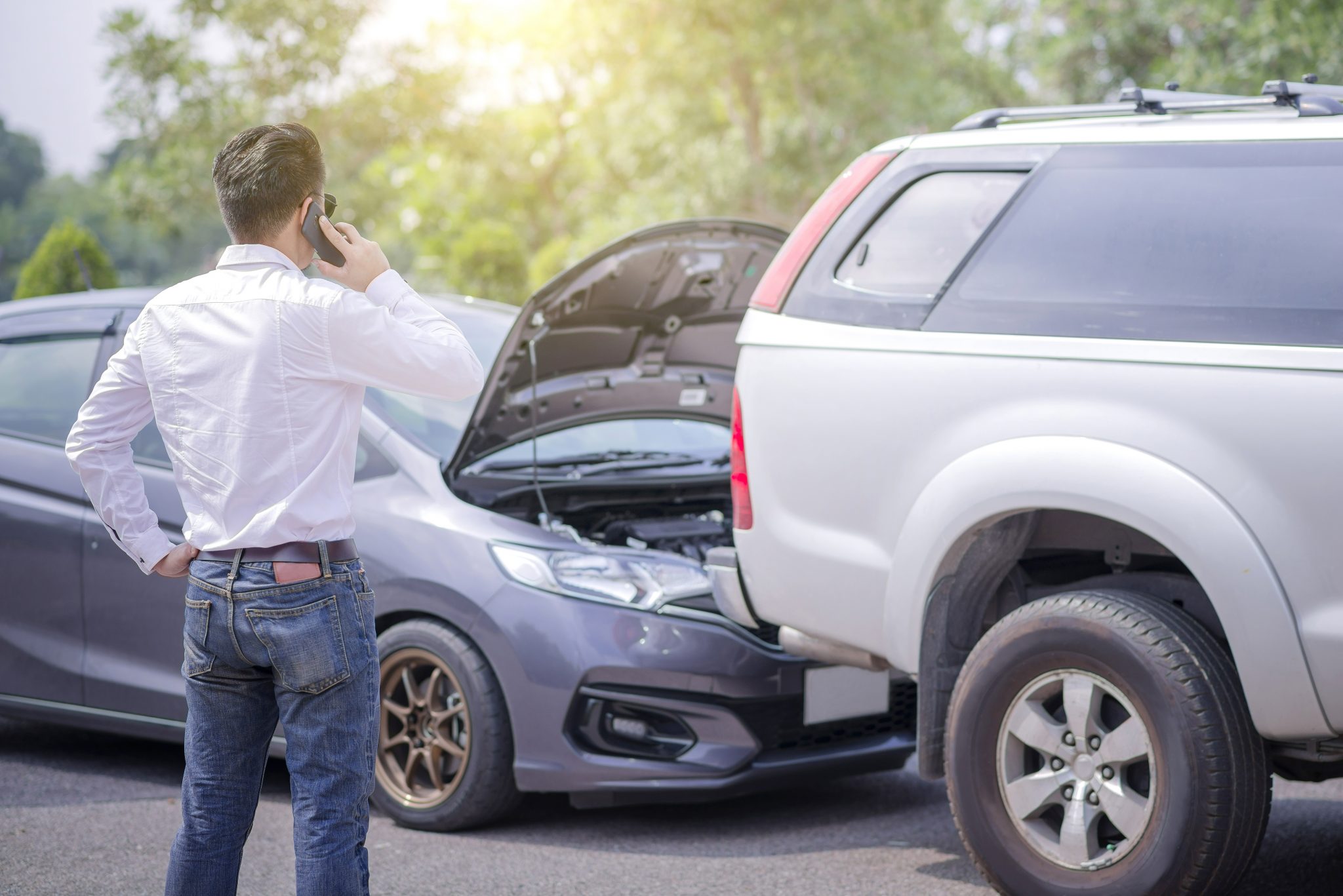- WE’RE HERE TO HELP 24/7
- 800.586.5555
Am I Liable if Someone Else Causes an Accident With My Car in Florida?

What You Should Know About Pool Injury Lawsuits
July 20, 2020
Atlanta Police Will Only Respond to Serious Injury Accidents
September 18, 2020Am I Liable if Someone Else Causes an Accident With My Car in Florida?

The answer is a little more complex than a simple yes or no. It’s helpful to think of your auto insurance as your car’s insurance rather than your insurance. If you have current, valid auto insurance and someone (who has your permission to be driving your car) gets into an accident with your vehicle, they will be covered since your car is insured.
What really matters in a Florida auto accident, especially when injuries are involved, is the other driver’s insurance. If their policy limits get reached, then liability becomes a much more important factor in determining who should foot the bill for additional damages.
Policies can have different rules about coverage extending to drivers not listed on the policy. Some polices may only grant partial protection while others may essentially provide the same coverage to drivers who aren’t on the policy.
If you frequently let other people who aren’t listed on your policy borrow your vehicle, you should consider contacting your insurance provider for clarification on the specific rules of your policy.
No-Fault Insurance State
The state of Florida is a no-fault state, which means that in the event of an accident each party, and in this case each driver, is required to file a claim with their separate insurance providers, regardless of who is at fault.
Florida’s no-fault laws put it in a pretty exclusive club. Most other states use fault-based systems. In a fault-based state, all financial reimbursement burdens fall on the responsible party, or the party deemed at-fault based on the drivers’ accounts, police reports and witness statements.
If your friend borrows your car and someone runs a red light and hits them, your insurance will pick up the property damage and medical costs up to your policy limits. Once your policy limits are reached, its then up to your friend to take the other driver to court to receive additional compensation for their medical costs, lost wages and pain and suffering.
If your friend is the one who causes the accident, they would be liable for damages they caused after the other driver’s policy limits are reached – not you.
It’s important to remember that if your friend gets in an accident in your car it will affect your premiums. As far as the insurance company is concerned, it doesn’t matter whether you or your friend caused an accident; either way it was the car they insure that was involved.
Permissive Versus Non-Permissive Use
This essentially means you gave the driver permission to use your car, or you didn’t give them permission. Many car insurance policies extend coverage to anyone you let use your vehicle under the “permissive use provision.”
Insurance companies are concerned about this exact scenario, which is why some insurers require everyone of driving age in a household to be listed on a car’s policy.
Scenarios Where Someone Who Borrowed Your Car Wouldn’t Be Covered
- You explicitly excluded the driver from your auto insurance policy
- Someone steals your car and gets in an accident (your insurer would cover the damages to your vehicle, but the injured parties couldn’t hold you liable for damages exceeding their PIP limits, in most cases)
Driving Minimums and Insurance Coverage
The minimum auto insurance policy limits required for all drivers in Florida are $10,000 for Property Damage Liability (PDL) and $10,000 for Personal Injury Protection (PIP).
Florida has the lowest driving minimum requirements of all states outside of New Hampshire, which does not require mandatory car insurance for all drivers or any specific limits. This is in part due to the no-fault laws we have.
You are responsible for auto accident damages, regardless of whether they are your fault. You have the right to carry minimum coverage or purchase lots of coverage. In other states, where other drivers may be forced to rely on the at-fault driver’s coverage, there’s more incentive to require everyone to carry higher policy limits.
Each type of coverage is intended to cover the costs of a particular type of damage caused.
Each driver’s PIP covers their own injuries. Each driver’s PDL covers damage to their own vehicle.
PIP coverage also covers any injuries sustained by passengers in your vehicle as well as injuries you sustain if you’re injured as a pedestrian.
Collision insurance is separate (and not required by state law) and would kick in if damage to your vehicle exceeds the PDL policy limit, regardless of whether you or another person was driving.
So, Who is Liable?
Florida does not require residents to carry bodily injury liability coverage, which would pay for medical costs caused by the policy holder that exceeded the other driver’s PIP.
If someone causes an accident using your vehicle, you don’t have bodily injury liability coverage and the other driver’s (or their passengers’) medical costs exceeds their own PIP limits, the person driving your car would be liable for the extra damages – not you the owner.
If the driver of your vehicle does not have their own PIP limits or were driving impaired, it is very possible their license could be suspended and they could face numerous fines or other fees as a result.
